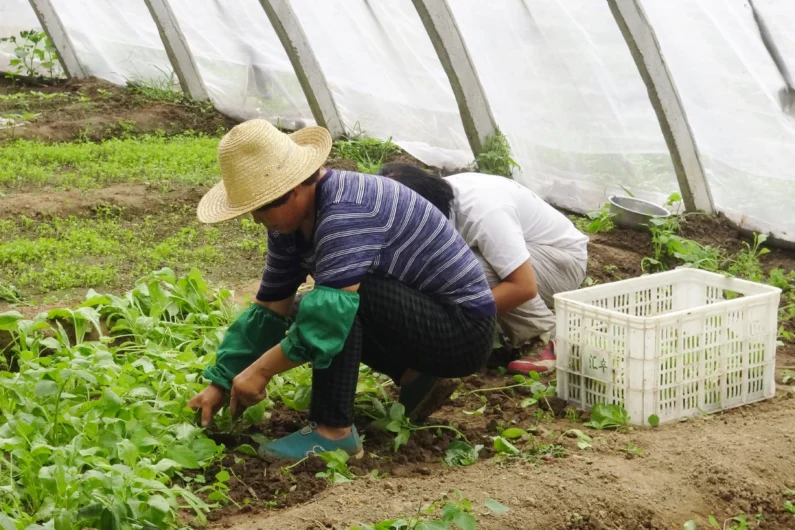Human Trafficking Related to Labour Exploitation and Forced Labour
Besides human trafficking related to sexual exlpoitation, the most common form of human trafficking in the world is human trafficking related to labour exploitation and forced labour. According to the International Labour Organisation (ILO), there were approximately 25 million victims of forced labour in the world in 2019.
Labour exploitation refers to situations in which a person is forced to work, and cannot refuse to work or quit the job, without facing serious consequences. Such serious consequences may be concrete threats against the victim or the victims’ family and/or friends. The victims may also feel they are not free to quit their jobs, because they could be removed from the country, or left in a difficult position in a foreign country.
Employment relationship may seem perfect on paper
A common denominator for trafficking related to labour exploitation across all lines of business is that the victims work long hours for a salary that is too low, compared to the amount of work. They may even work without a salary. Victims of forced labour often are made to work long hours without proper breaks.

Victims of forced labour often experience psychological and sometimes even physical abuse. Because of the long working hours, victims often have little spare time. In some cases, victims have been forced to live in their workplace.
A typical feature of labour exploitation cases detected in Finland is that the employment seems fully legal on paper. Salary and working hours mentioned in the employment contract might follow the applicable collective labour agreement, but in reality, these terms are not complied with. The victims may even get a salary on their bank accounts, in accordance with the employment contract, but the employer may seize victims’ debit cards or demand that victims draw the money out of their accounts and pay it back to the employer in cash.
Employees can be tied to their employer in many ways
In addition to withholding victims’ debit cards and other important documents, such as passports or residence permits, employers may restrict their victims’ freedom using many other methods.
Because the victims are often unfamiliar with how the Finnish society works, they are in many ways dependent on their employer and thus easier to control.
The victims may be tied to the employer because of accommodation and residence permits, but also because the victims may still owe money to the employer for their residence permits and journeys to Finland. To maintain control over the victim, the employer may also threaten, black-mail or abuse the victims or their families and friends.
Labour exploitation occurs in several lines of business in Finland
Labour exploitation is the most common form of human trafficking detected in Finland. Today, it occurs especially in restaurants and cleaning businesses, in the construction industry and in agriculture. Exploitation that might be classified as forced labour has been found to occur even in private households. In such cases, the victim has worked as domestic help doing household chores.

Exploitation may also occur in dating relationships, marriages or other types of family relationships, and it can sometimes be compared to labour exploitation or even forced labour. This type of exploitation typically occurs in private households.
Most victims in Finland are foreign nationals
In Finland, most of the victims of labour exploitation are foreign nationals who have originally agreed to the job voluntarily. Most victims are persuaded to come work in Finland by someone in their home country who promises a better life and a good salary for them. This is usually someone the victim knows, such as a friend or a relative. In these cases, the real working conditions are not revealed until the victim has come to Finland and started working.
Undocumented migrants (who reside illegally in the country) or persons in risk of becoming undocumented have been found to be at a greater risk of becoming a victim of labour exploitation. Undocumented migrants are often excluded from the society’s services and support, which makes them an easier target for abusers.
Many of those who seek asylum in Finland have fallen victim to labour exploitation in their home country or on their way to Finland. Many show signs of having experienced heavy exploitation and may have been subjected to forced labour or even slavery-like conditions.
